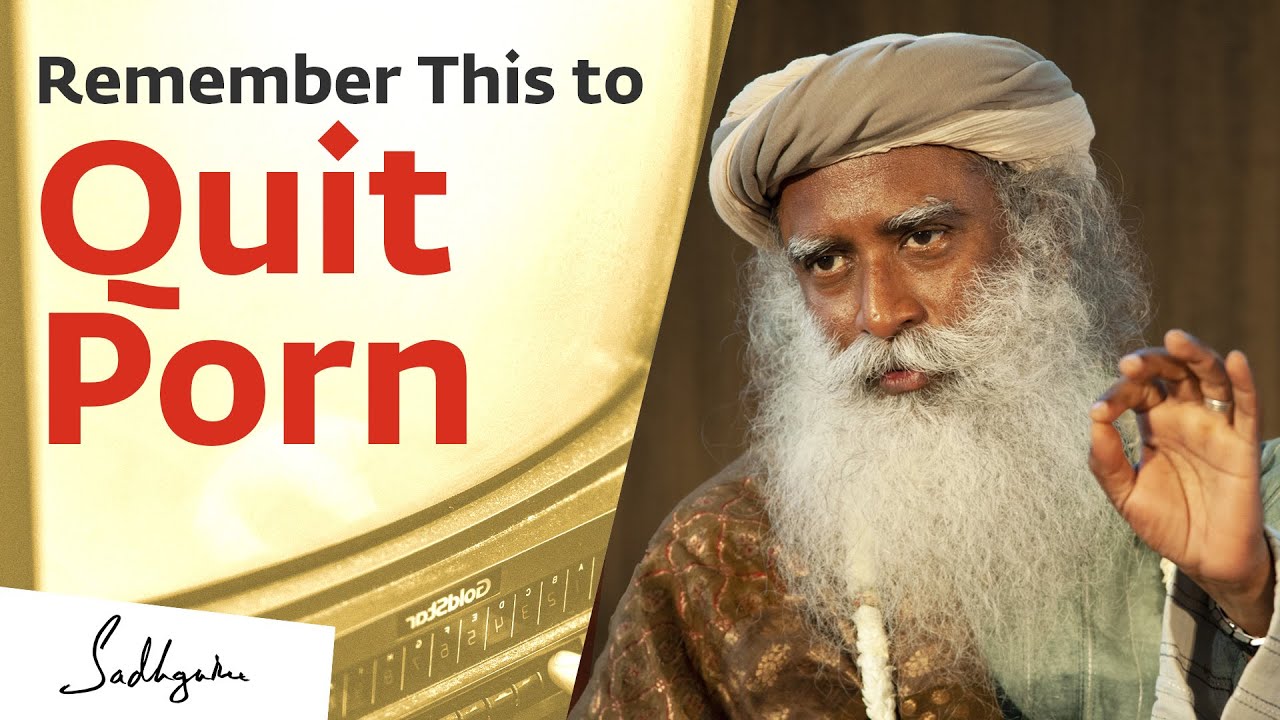Bijak Dalam Bersosial Media | Buya Yahya
Summary
TLDRIn this video, Buya Yahya addresses the issue of inappropriate content shared in WhatsApp groups, particularly photos or videos of women exposing their aurat, which may seem harmless but can lead to serious consequences. He emphasizes the danger of habitual actions, the importance of mindful posting, and the responsibility of advising others without directly criticizing. Buya Yahya encourages viewers to reflect on their online actions, offer indirect guidance through thoughtful posts, and seek forgiveness if they make mistakes. The message highlights the continuous impact of online behavior and the need for accountability and repentance.
Takeaways
- 😀 It's important to be mindful of the content we share in group chats, particularly when it involves inappropriate images or videos.
- 😀 Habitual sharing of inappropriate content can be more dangerous than intentional wrongdoing, as it becomes ingrained behavior.
- 😀 Posting content should be done with thoughtful consideration—ask yourself whether it brings value or could cause harm to others.
- 😀 It's essential to avoid posting material that exposes someone's aurat (private parts) or that could potentially lead to fitnah (slander).
- 😀 Sharing content just for the sake of humor or out of habit can lead to negative consequences and should be avoided.
- 😀 Social media posts, once shared, cannot be easily undone. Therefore, it's vital to think carefully before sharing any content.
- 😀 If you're in a group where inappropriate content is shared, it can be beneficial to advise others subtly rather than engaging in direct confrontation.
- 😀 If you're uncomfortable with the content in a group, leaving the group may be a solution, but it should be done carefully to avoid causing fitnah or misunderstandings.
- 😀 Apologizing for past mistakes, whether through a public or private message, is a good way to seek repentance and show responsibility.
- 😀 Always aim to post content that encourages positive actions and behavior, rather than trivial or harmful material.
- 😀 Reflecting on one's actions before posting and acting with sincerity is key to avoiding moral mistakes in the digital world.
Q & A
What is the main topic discussed in the video?
-The video discusses the impact and potential harm of sharing inappropriate content, particularly in WhatsApp groups, and how to address it from an Islamic perspective. It emphasizes the importance of considering the consequences of posts, both in terms of violating modesty and causing harm or fitnah.
What type of content is specifically mentioned as problematic in the video?
-The video highlights the sharing of videos, photos, or posts that feature women exposing their aurat (private parts), which can be inappropriate or harmful, especially when shared in a casual or humorous context.
What is the concern regarding habitual posting?
-The concern is that habitual posting, particularly of inappropriate content, can become dangerous because it becomes a normal behavior, with the person no longer realizing the harm they are causing. This can be worse than intentional actions, as it's done without awareness or consideration.
Why is the concept of 'habitual sin' mentioned as particularly dangerous?
-The video explains that when a sin becomes a habitual behavior, it is more difficult to recognize as a problem. The person may no longer feel guilty or think about the consequences, which makes it harder to stop or correct the behavior.
What should individuals consider before posting content online, according to the video?
-Before posting anything, individuals should consider whether it will be beneficial, cause harm, or spread fitnah (slander). They should ask themselves if it aligns with Islamic values, such as protecting modesty and promoting positive, meaningful content.
What is the role of advising others in online spaces, according to the video?
-The video encourages individuals to advise others when they see inappropriate content, either directly or indirectly. If it's not possible to personally intervene, one can post content that offers a reminder or gentle advice to guide others toward better behavior.
What is suggested as an effective way to remind people about appropriate behavior?
-The video suggests posting reminders or Islamic teachings about modesty or proper conduct in a subtle and considerate manner. This can be done by sharing content that encourages reflection or offering advice that helps others improve their actions.
How does the speaker suggest handling situations where one feels powerless to correct the behavior in a group?
-In situations where an individual feels powerless, the video suggests either privately messaging the person involved with advice or leaving the group if it consistently shares harmful content. It also emphasizes the importance of trying to positively influence others without causing conflict.
What is the significance of sending apologies or seeking forgiveness in this context?
-The video emphasizes the value of self-reflection and the importance of seeking forgiveness for any wrongdoings. If someone has shared inappropriate content, they should apologize to others and seek forgiveness from Allah, which is more impactful than others criticizing them.
What is the final piece of advice given in the video?
-The video concludes with a reminder to send blessings upon the Prophet Muhammad (PBUH), emphasizing that after watching the video, one should recite salutations (salawat) as a form of honor and gratitude.
Outlines

This section is available to paid users only. Please upgrade to access this part.
Upgrade NowMindmap

This section is available to paid users only. Please upgrade to access this part.
Upgrade NowKeywords

This section is available to paid users only. Please upgrade to access this part.
Upgrade NowHighlights

This section is available to paid users only. Please upgrade to access this part.
Upgrade NowTranscripts

This section is available to paid users only. Please upgrade to access this part.
Upgrade NowBrowse More Related Video

Hukum Inseminasi dari Sperma Orang Lain | Buya Yahya Menjawab

😱Green Screen वालो पर आ गई नई मुसीबत😢 | Green Screen Shorts Youtube Remove Problem | Green Screen

Ragam Hukum Memakan Kepiting Menurut Ulama 4 Madzhab | Buya Yahya Menjawab

Hukum Merapikan Alis yang Tidak Rata - Buya Yahya Menjawab

Porn Addiction Can Ruin Your Life – Sadhguru

Penjelasan Lengkap Tentang Tawasul, Tahlil, Ziarah Wali & Istighosah - Buya Yahya
5.0 / 5 (0 votes)